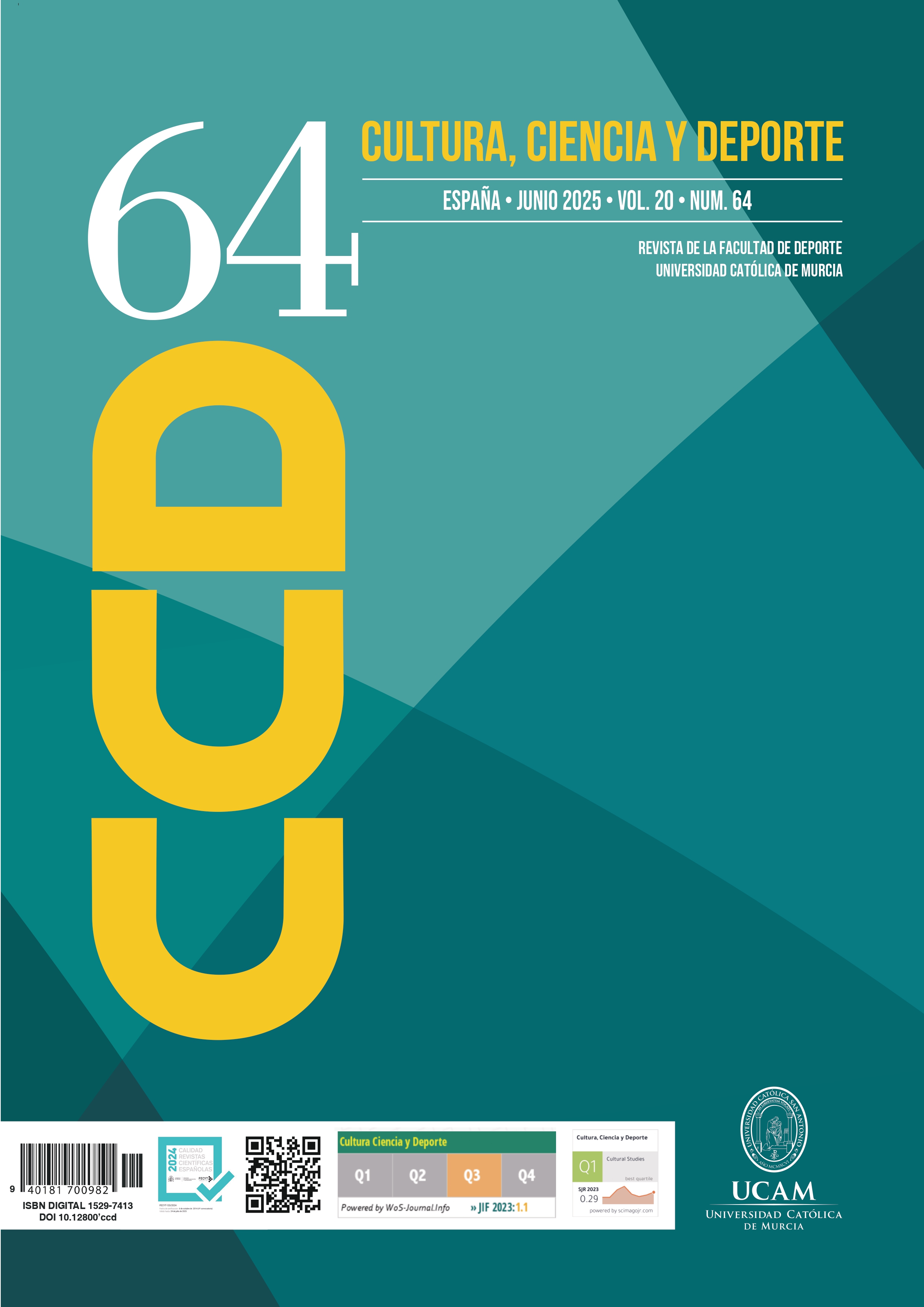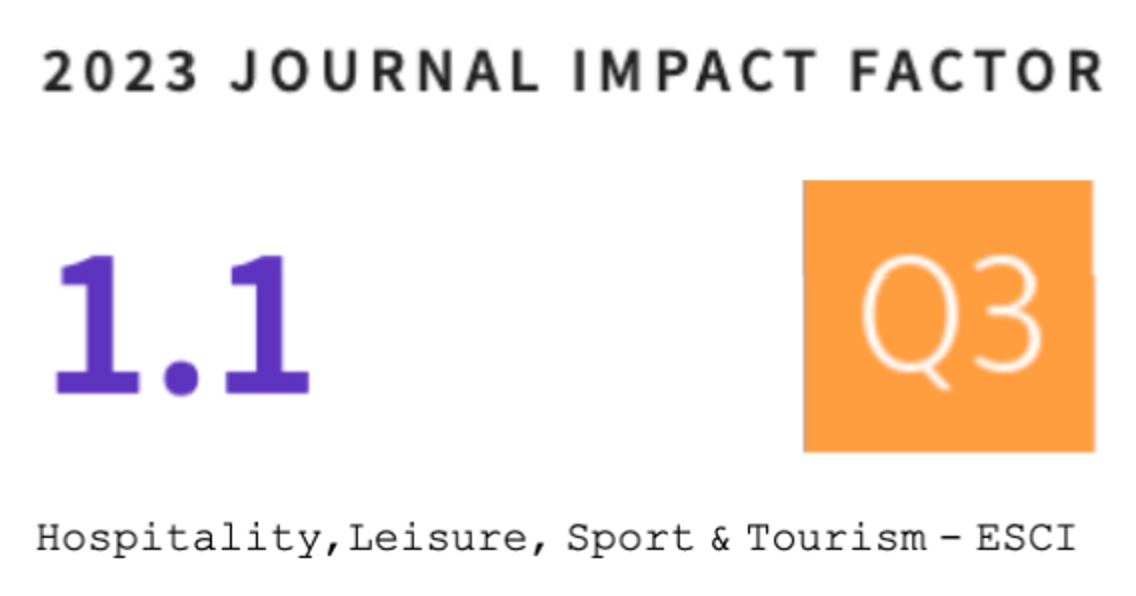EFFECTS OF HEART RATE VARIABILITY-BASED TRAINING ON FUNCTIONAL CAPACITY AND QUALITY OF LIFE IN CARDIAC PATIENTS
DOI:
https://doi.org/10.12800/ccd.v20i64.2312Abstract
In cardiac rehabilitation, high-intensity interval training (HIIT) is safe and effective, but it is not adapted to individual needs. Therefore, HRV-based training is a novel approach. The aim was to analyse the effect of HRV-based training on functional capacity and quality of life in cardiac patients. It was an 8-week randomised controlled trial with an experimental group that trained based on HRV (HRV_G) and a control group that followed HIIT training (HIIT_G). Functional capacity was assessed using 3 tests of the Senior Fitness Test; quality of life using the MacNew QLMI Questionnaire; body composition variables and minutes of work at high and low intensity. Jamovi 2.3 software was used. There were significant differences between groups in hip circumference (p = .010), as well as in minutes of work at high (p = .012) and low intensity (p = .026). However, both groups improved functional capacity but only HRV_G increased self-perceived quality of life (p = .037). HRV-based training achieves the same benefits as HIIT with respect to functionality and quality of life with less work volume at high intensity, thus optimising the exercise dose. However, the duration of cardiac rehabilitation programmes would need to be extended.
Downloads
Published
How to Cite
Issue
Section
License
Copyright (c) 2025 Creative Commons Attribution License

This work is licensed under a Creative Commons Attribution-NonCommercial-ShareAlike 4.0 International License.
The authors who publish in this journal agree with the following terms:
- The authors retain the copyright and guarantee the journal the right to be the first publication of the work as well as licensed under a Creative Commons Attribution License that allows others to share the work with recognition of the authorship of the work and the initial publication in this journal.














